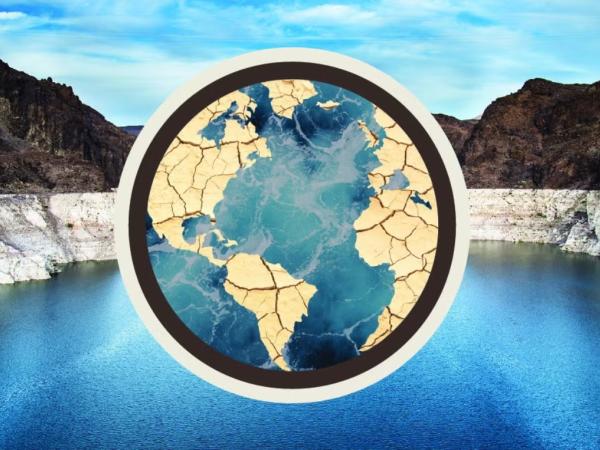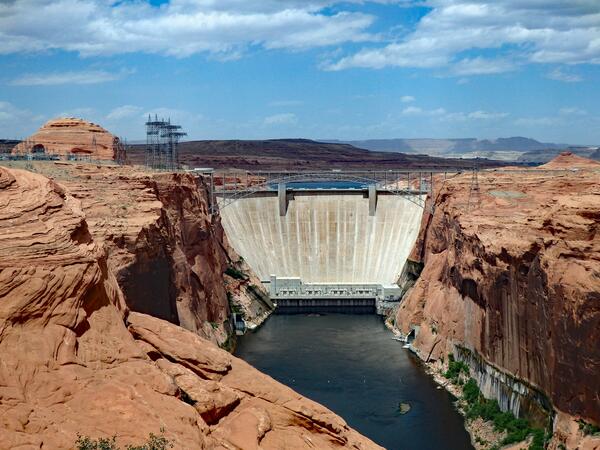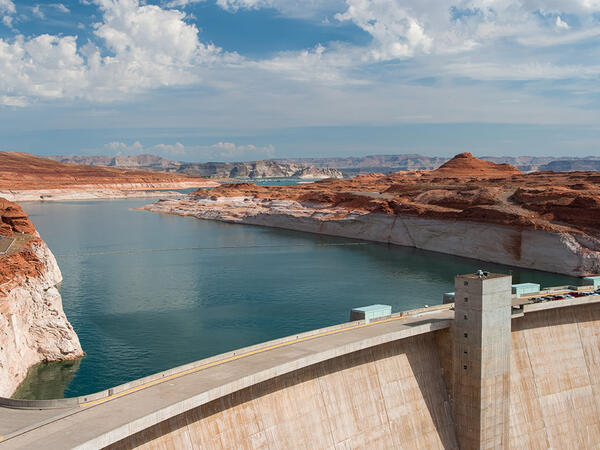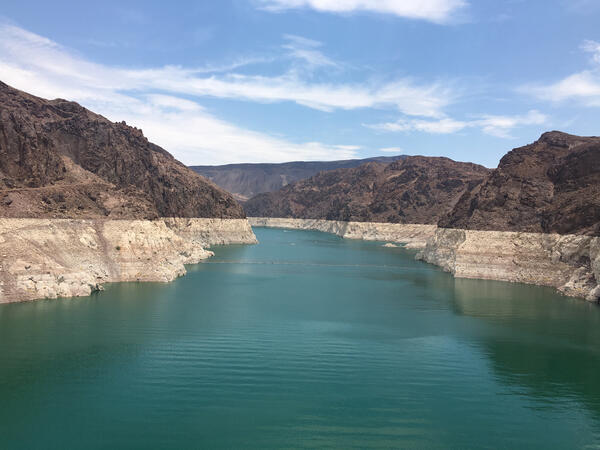
Will There Be Enough Water to Make More Semiconductors in the U.S.?
Professor Paul Westerhoff at Arizona State University’s School of Sustainable Engineering and the Built Environment told H2O Radio that fabs can be sustainable but would require companies to invest in ways to recycle water to continuously bring it back to an ultrapure state to avoid tapping into local supplies.
He and his colleagues are researching what reuse technologies and policies would be necessary to make facilitates “water neutral” or at least close to it.

Separate dry areas around the world are merging into 'mega-drying' regions at an alarming rate, study finds
"There's very few places now that are not drying," study co-author Jay Famiglietti, a professor in the School of Sustainability at Arizona State University, told Live Science. "I've been watching it for 20 years, and it's just gotten worse, and worse, and worse."

Scientists issue alarming warning over worsening crisis that could impact billions of people
Every year, an area equivalent to twice the size of California dries out, creating mega-drying regions under dry extremes.
The study by researchers at Arizona State University estimates that about 68% of the loss in terrestrial water storage is due to groundwater depletion. Moreover, it estimates that three-quarters of the world's population live in areas that have been losing freshwater.

Phoenix’s planned water purification facility gets $179M federal investment

Preparing for a drier future on the Colorado River basin
“Trends are pointing to the fact that the Colorado River is becoming drier and I think it would be safe to say that the Central Arizona Project won’t be as large a provider of water as at present,” said Enrique Vivoni, ASU’s Fulton Professor of Hydrosystems Engineering in the School of Sustainable Engineering and the Built Environment and the director of the Center for Hydrologic Innovations. “So, if that’s the case, it means Arizona will have to start thinking about replacing that water supply. That would require investments.”

From satellites to streamflow: CAP and ASU use NASA data to inform Colorado River decision making
Building from our long-standing partnership with Arizona State University’s Center for Hydrologic Innovations, ASU applied for and received a three-year, $1 million grant from NASA’s Earth Science Division in 2022 to identify short-term hydrologic indicators and improve CAP’s long-range scenario planning capabilities to inform decision-making for the Colorado River.

As the Colorado River slowly dries up, states angle for influence over future water rights
"The Colorado River is in trouble: Not as much water flows into the river as people are entitled to take out of it. A new idea might change that, but complicated political and practical negotiations stand in the way," writes Sarah Porter.

As a Critical Minerals Mine Nears Approval in Arizona, Residents Fear It’s Already Affecting Area Water
“If your neighbor comes and drills a big, deep, powerful well and pumps water, and your own water level goes down in your well, there’s nothing you can do about that,” said Sarah Porter, the director of the Kyl Center for Water Policy at Arizona State University.

Project Blue Rejected: Deep dive into ‘hyperscale’ data centers
“So it’s a very large load,” said Kelly Barr, the chief alliance officer with Global Futures Laboratory located on the ASU campus. The team has been examining the impact of the data centers that have flooded the Phoenix region -- now totaling around 140.
They’ve already pushed the power grid to its limit, especially during summer peaks. “Not all these data centers that are in queue are going to be built, but I think it makes sense for us to think together which ones should be built,” she said.

Groundwater is drying out, heating up, and causing sea level rise
Unless stringent water management policies are implemented on a global scale, Jay Famiglietti, warns that the consequences could trigger extreme political instability, given that 75 percent of the world’s population resides in countries affected by this extreme drying.
“What this study makes clear is that the world is looking at incredible sea level rise,” he said. “I think threats to food security and food production [aren’t] receiving enough attention.”